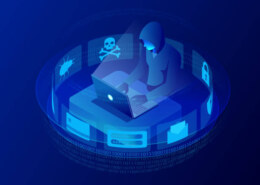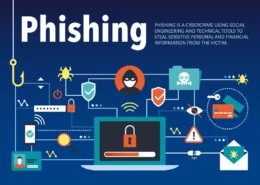Cyber-Security experts mostly use Linux OS (operating system) over Windows or Mac as: Linux has Enhanced Security and Privacy Linux is a Free to use Open OS Linux also comes with a lot of preinstalled Ethical Hacking tools that may assist the user Linux is known for its excellent performance, particRead more
Cyber-Security experts mostly use Linux OS (operating system) over Windows or Mac as:
- Linux has Enhanced Security and Privacy
- Linux is a Free to use Open OS
- Linux also comes with a lot of preinstalled Ethical Hacking tools that may assist the user
- Linux is known for its excellent performance, particularly on older hardware.
- Linux offers unparalleled customization and flexibility.



Balancing robust cybersecurity with digital transformation and productivity requires a strategic approach. Organizations can achieve this by adopting a risk-based security model, prioritizing measures based on the specific threats they face. Integrating security into the development lifecycle througRead more
Balancing robust cybersecurity with digital transformation and productivity requires a strategic approach. Organizations can achieve this by adopting a risk-based security model, prioritizing measures based on the specific threats they face. Integrating security into the development lifecycle through DevSecOps ensures vulnerabilities are addressed early, minimizing disruptions. Implementing user-friendly security solutions that do not hinder productivity can also foster compliance.
Key challenges include resource allocation, employee resistance, integration complexity, evolving threats, regulatory compliance, and skill gaps. Addressing these involves several strategies:
By embedding security into the core of digital initiatives and maintaining a proactive stance, organizations can enhance both security and productivity.
See less